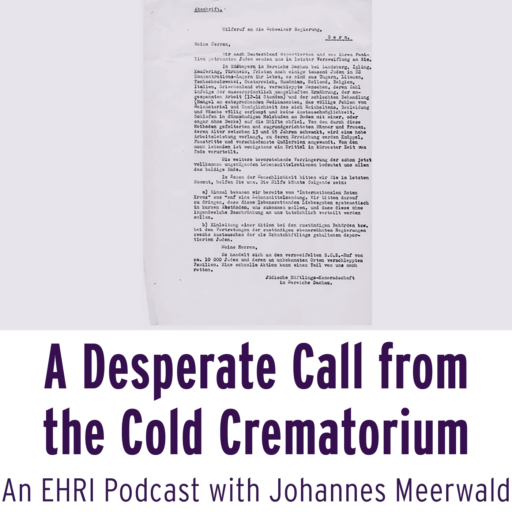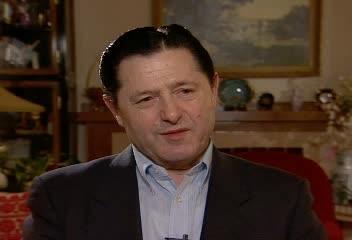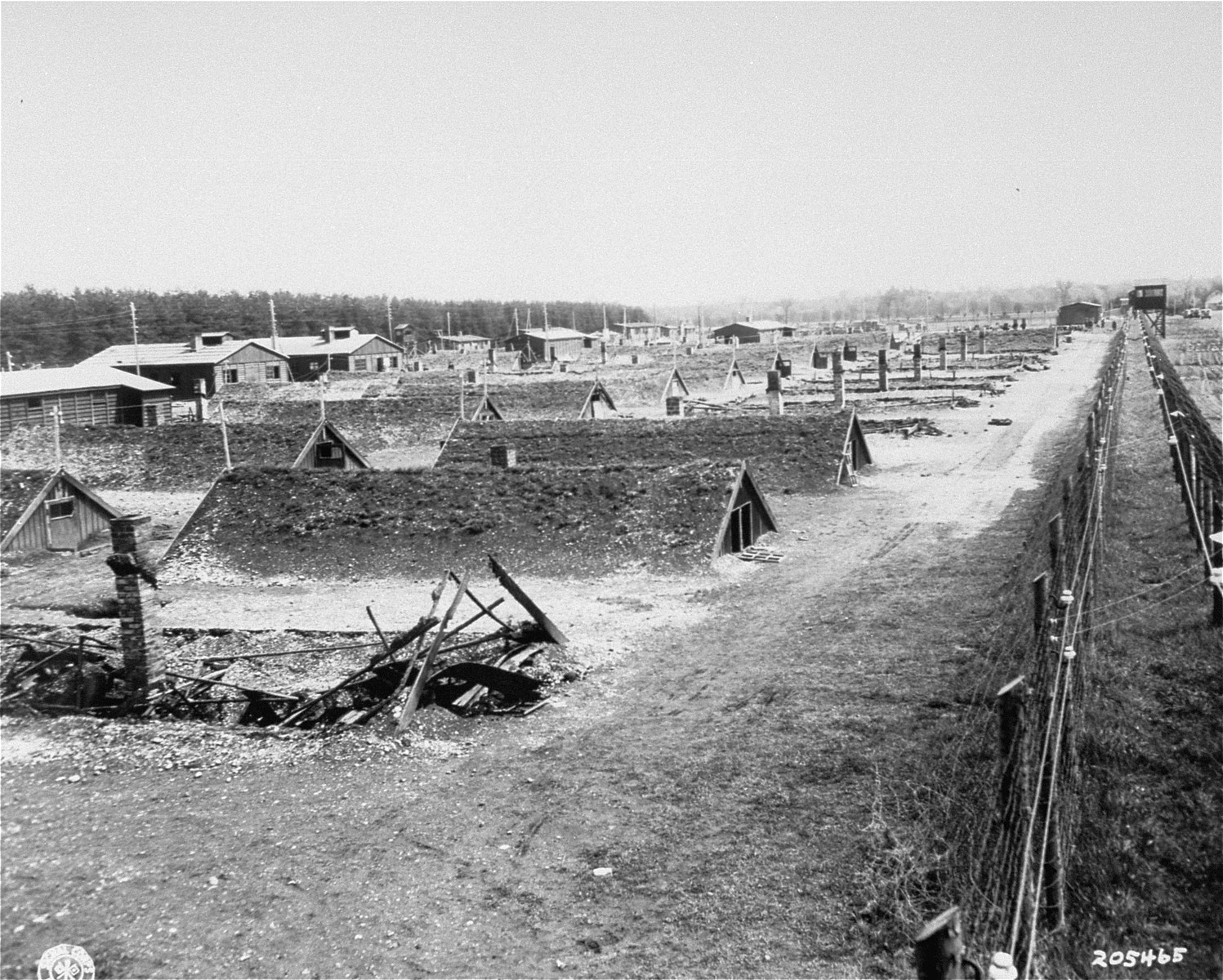Podcast Episode | A Desperate Call from the Cold Crematorium

Release date: 15 Novmeber 2023 | More about the Podcast Series For the Living and the Dead. Traces of the Holocaust
In this podcast episode, we talk about a letter dated 23 April 1945, from a man called Hans Frölicher to the Swiss Minister of Foreign Affairs. Hans Frölicher was the Swiss ambassador to Germany during World War II. The neatly typed, official letter starts: ”I have the honour to enclose a copy of a communication that was secretly delivered to the Consulate General in Munich/Rottach-Egern. It concerns a cry of distress from non-German Jews deported to the territory of the Reich, who are being held prisoner under deplorable conditions in various external commandos of the Dachau concentration camp.”
Enclosed with it was a typed copy of a, most likely handwritten letter that had reached Hans Frölicher against the odds. In this last phase of the war, jewish prisoners from all over Europe, including survivors of the Ghettos in Eastern Europe and concentration camps such as Auschwitz, were driven to the interior of Germany and placed in already overcrowded camps such as Dachau. The situation in these camps became appalling and they were places of mass starvation, disease and killing, although not planned like in the extermination camps, but by complete and deliberate neglect. Therefore, the prisoners referred to these camps as Cold Crematoria.
This letter and the enclosed copy are now in the Swiss Federal Archives, as a lasting reminder of Jewish agency. Even though resistance was dangerous and difficult, Jews sought and found many ways to resist the intentions of the Nazi’s to dehumanize, humiliate and exterminate them. See the original document (Swiss Federal Archives, E2001D#1968/74#334*, Az. B.55.45.28, Behandlung von jüd. Personen -Kriegsflüchtlinge in Europa, 1943 – 1945) and the English translation.
Featured guest:
Johannes Meerwald is a scientific project officer for the EHRI project at the Center for Holocaust Studies at the Leibniz Institute for Contemporary History in Munich. He is a PhD Candidate at the Goethe Universität Frankfurt on the late phase of the Holocaust and the Jewish prisoners who were deported to southern Bavaria. Podcast host is Kevania de Vries-Menig.
Johannes will tell the story of the letter that was sent in April 1945 from the Jewish Prisoners of the Kaufering subcamp to Hans Frölicher, the Swiss envoy to Germany. Listen to the episode on Buzzsprout, Spotify, Apple Podcasts, Google Podcasts or here:
“Meine Herren,
Wir nach Deutschland deportierten und von ihren Familien gentrennten Juden wenden uns in letzter Verzweiflung an Sie. (…)”
“Gentlemen,
We Jews, who were deported to Germany and separated from their families, turn to you in our last desperation.
In southern Bavaria in the Dachau area near Landsberg, Igling, Kaufering, Türkheim, several thousand Jews are still eking out a living in SS concentration camps; they are people deported from Hungary, Lithuania, Czechoslovakia, Austria, Romania, Holland, Belgium, Italy, Greece, etc., whose numbers are fallen by half as a result of the extraordinarily inadequate food, the tense work (12-14 hours) and the bad treatment (lack of appropriate medicine, the complete lack of heating material and the impossibility to keep clean, clothes and linen completely ragged and no possibilities to change, sleeping in thin-walled wooden huts on the floor with or without a blanket). The men and women tortured and ruined by these methods, whose age varies between 13 and 65 years, are required to work hard and are beaten, kicked and tortured in various ways. Of those still alive, at least a third are sentenced to death in a very short time.
The further imminent reductions in the already totally inadequate food rations means the imminent end for all of us.”
From the copy of the letter “Hilferuf an die Schweizer Regierung”, attached to the letter of Hans Fröhlicher to the Swiss Ministry. (English translation)
In a last attempt to save their lives, a group of Jews from Kaufering, a subcamp of Dachau, had managed to find writing utensils for a letter and a trustworthy person who could help deliver it. They signed the letter “Jüdische Häftlings-Kameradschaft im Bereiche Dachau“ (Jewish prisoners’ comradeship in the Dachau area) and sent it to the Swiss envoy in Germany, Hans Frölicher, a representative of a neutral country and home of the International Red Cross.
Frölicher had so far done nothing to aid Nazi victims, but now he wrote the letter to his Swiss Minister. He suggested to contact the family of the people who were on the list attached to the letter. He also mentioned that he had informed the local delegation of the Red Cross, however, “The delegation has, a few days ago, sent a delegate to manage the Dachau concentration camp. Until now, however, he has not been able to enter the actual concentration camp or come into direct contact with the prisoners. At least the Germans allowed the International Committee of the Red Cross to distribute food parcels to the prisoners. Distribution has already begun. It is currently interrupted due to insufficient fuel supplies, but will probably be resumed in the next few days.”
Shortly after the letter was received by Frölicher, the camps belonging to Dachau were dissolved. The SS sent the prisoners on death marches, initially in the direction of Dachau. A group of two thousand Jewish prisoners even reached Bernried, the place where the Swiss embassy was located at Lake Starnberg. There, Frölicher got in touch with the Red Cross once more, to get first aid and provisions for the starving prisoners.
It is unknown whether some of the Jewish letter writers were among the prisoners who arrived at Bernried, or what happened to them after the war in general. Frölicher’s role in helping them was marginal. The Red Cross was already active before his call. However, it surely was helpful to the Red Cross expeditions to know from which directions the prisoners where coming.

Courtesy USC Shoah Foundation
Many survivors of the “Cold crematoria” have given testimony of the inhumane conditions in the camps. In the podcast, we hear from Larry Flynn, who describes the circumstances that were similar to that of the letter writers.
The letter in itself is a testimony of Jewish resistance and reflects the ambivalent situation in the final stages of the war between fear of extermination on the brink of liberation.
Kaufering

Kaufering was a subcamp of the Dachau concentration camp.
With the intensification of the Allied air war against German industrial and military enterprises after 1943, the German Armaments Ministry and the SS agreed to accelerate construction of massive underground factories. For this they used large numbers of conscripted laborers and concentration camp prisoners.
In Bavaria, two major camp systems, Mühldorf and Kaufering, were set up as subcamps of the Dachau concentration camp. Its inmates provided the labor necessary to build subterranean facilities for fighter aircraft production in the Landsberg area.
At the Kaufering and Mühldorf camps, prisoners often slept in poorly heated and badly provisioned earthen huts, which were partially submerged in the soil and covered with earth to disguise them from the air. The larger of Kaufering’s 11 camps each contained several thousand prisoners, the vast majority of whom were Jews. Disease, malnutrition, and the brutal conditions in the workplace and in the camps took its toll on the inmates, resulting in a high mortality rate.
Hans Frölicher

Hans Frölicher (1887-1961) was the Swiss ambassador to Germany during World War II. He remains controversial in Switzerland due to his sympathies for the Third Reich while ambassador in Berlin.
Frölicher was sorn in by Adolf Hitler as Ambassador to Germany on June 9, 1938. Early in his tenure, Frölicher was able to delay relocating the Swiss Embassy, which had been required to fulfil Albert Speer’s vision of Germania. Beginning in 1938, Frölicher was involved in negotiations between the governments of Germany and Switzerland aimed at reducing the number of Jews seeking refuge in Switzerland.
In 1939, a Swiss theology student named Maurice Bavaud attempted to assassinate Adolf Hitler. Although Bavaud was facing execution, Fröhlicher refused to intervene, going so far as to decline an offer to exchange Bavaud for captured Gestapo spies imprisoned in Switzerland. Instead, he condemned Bavaud for his actions.
Frölicher remained the Swiss Ambassador to Germany until 1945.
Johannes Meerwald
 Johannes Meerwald is a PhD Candidate at the Goethe University in Frankfurt am Main. He studied History, Spanish and Political Science at the Justus Liebig University in Giessen and the Philipps University in Marburg.
Johannes Meerwald is a PhD Candidate at the Goethe University in Frankfurt am Main. He studied History, Spanish and Political Science at the Justus Liebig University in Giessen and the Philipps University in Marburg.
His research interests include the history of the Holocaust, the subcamps of the Dachau concentration camp, and the persecution of Spanish Republicans during the Nazi era. In his dissertation project, Meerwald examines the late phase of the Holocaust in the southern part of Bavaria.
Since September 2022, Johannes Meerwald is a scientific project officer for the EHRI project at the Center for Holocaust Studies at the Leibniz Institute for Contemporary History
Learn more
- Original Document of the Letters, from the Swiss Federal Archives.
- English translation of the letters
- Kaufering
- Hans Frölicher
- Jewish aid and rescue
- Center for Holocaust Studies at the Leibniz Institute for Contemporary History
Credits
Our thanks go to:
- Larry Flynn, who gave testimony to the archive of the USC Shoah Foundation – The Institute for Visual History and Education. For more information: http://sfi.usc.edu/
- Johannes Meerwald
- Swiss Federal Archives, E2001D#1968/74#334*, Az. B.55.45.28, Behandlung von jüd. Personen -Kriegsflüchtlinge in Europa, 1943 – 1945
- Music accreditation: Blue Dot Sessions. Tracks – Opening and closing: Stillness. Incidental, Gathering Stasis, Pencil Marks, Uncertain Ground, Marble Transit and Snowmelt. License Creative Commons Atttribution-NonCommercial 4.0 International (BB BY-NC 4.0).
- Andy Clark, Podcastmaker, Studio Lijn 14
- Image Hans Frölicher from Wikipedia, Carl Jost (1899–1967) – http://www.query.sta.be.ch/detail.aspx?id=399410 FN Jost P 57 Konferenz der Schweizer Gesandten, mit Ausflug und Gesamtbundesrat, Minister Fröhlicher, Berlin, 1937 (ca.) (Archiveinheit)

